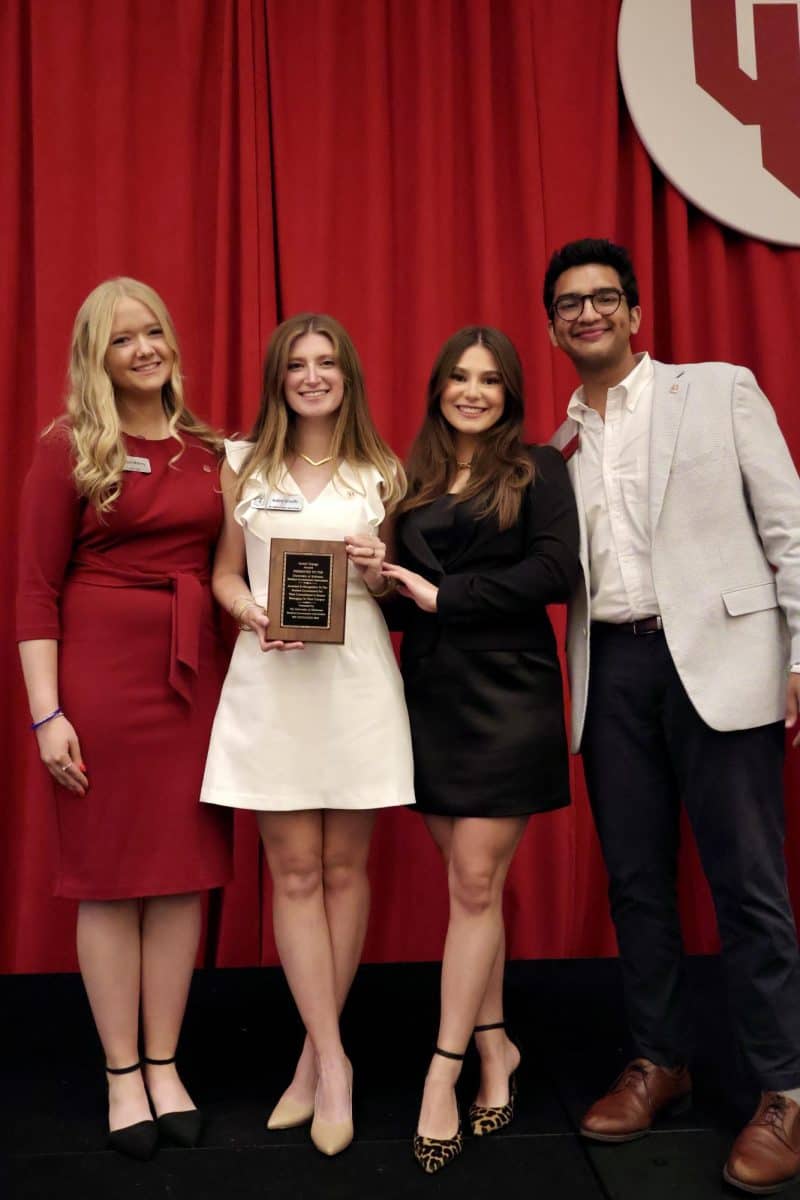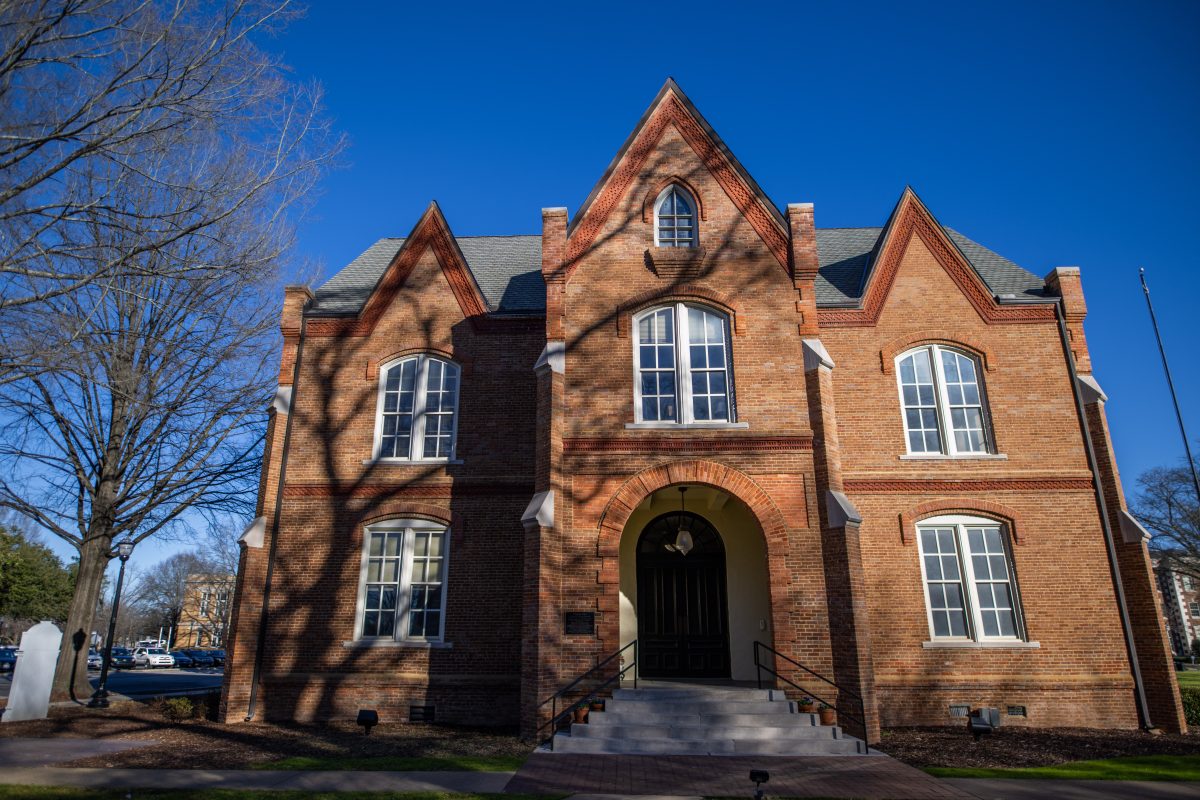The UA administration is refusing to release evidence related to the resignation of Student Government Association President Grant Cochran, claiming it is protected by the federal Family Educational Rights and Privacy Act (FERPA).
Cochran stepped down last weekend after the SGA attorney general launched an investigation into the selections process for the SGA First Year Council (FYC), a freshman leadership forum within the student government.
SGA Communications Director Seth Morrow confirmed that depositions collected as part of that investigation have been given to University Judicial Affairs.
“Those were handed over by the attorney general,” he said in an interview on Sept. 26. “Judicial Affairs has them.”
But SGA Senate Finance Committee Chairman John Brinkerhoff said the SGA Senate still maintains evidence about the FYC selections process that could be used in an internal investigation.
“The Senate may conduct an internal investigation of the issue that will include a review of personal accounts and documents it maintains,” Brinkerhoff said. “However, I cannot comment further.”
In an attempt to obtain those documents, The Crimson White sent public records requests to the SGA, the SGA Senate, and the SGA Judicial Board asking for “any written testimony provided by members of the Student Government Association Senate or SGA staff detailing irregularities that occurred in the First Year Council selections process.”
UA spokeswoman Deborah Lane responded to the requests sent to the SGA and the SGA Senate, saying that the records in question cannot be released to the public.
“Without admission that the information you’ve requested would or would not constitute open records under Alabama law, you appear to be requesting only records that are linked or linkable to a particular student,” Lane said. “Such records are prohibited from disclosure by federal privacy laws.”
When asked which specific laws she was referring to, Lane cited FERPA.
However, Adam Goldstein, an attorney with the Student Press Law Center, said FERPA does not apply in this situation. He cited the Alabama court case Scott vs. Culpepper and Alabama Code Section 36-12-2 as evidence that public officers are bound to keep and disclose public records.
“If you’re a public officer, you’re subject to the Alabama public records law,” Goldstein said. “You don’t have the option of (taking a) request and (handing) it off to someone who has an excuse not to release the record. Anyone who is appointed to discharge a public duty and receives compensation is a public officer. A public officer has to comply with public records requests.
“It would be great if we all just never had to deal with the consequences of our mistakes by funneling requests through media relations,” he continued. “But state law says you, as a public official, have to answer. If they find that inconvenient or find themselves not capable of complying with that obligation, perhaps they should consider not working for the government.”
Furthermore, Goldstein said FERPA only applies to institutions that directly receive funding from specific federal programs.
“That has nothing to do with the student government’s public officers,” he said. “It’s not about ‘does the money eventually flow there?’ The issue comes down to, does the (federal) government cut you a check?”
According to Goldstein, the only enforcement mechanism for FERPA is withholding federal funds. In three decades, the federal government has never restricted funds to an institution for failing to comply with FERPA.
An official with the United States Department of Education, the federal agency that enforces FERPA, said the law is only intended to protect education records.
Several students declined to be interviewed for this story after administrators informed them that they could be referred to Judicial Affairs for talking to the media about the First Year Council scandal.
“Students involved with the investigation or with knowledge of specific information regarding the investigation cannot talk about it,” Lane said. She said talking to the media could be a violation of a clause in the Code of Student Conduct that prohibits “any act which is intended to or has the effect of delaying or interfering with the orderly operation of the judicial process.”
The SGA and the Office of Media Relations have not provided a timetable for when information explaining Cochran’s resignation will be released.






